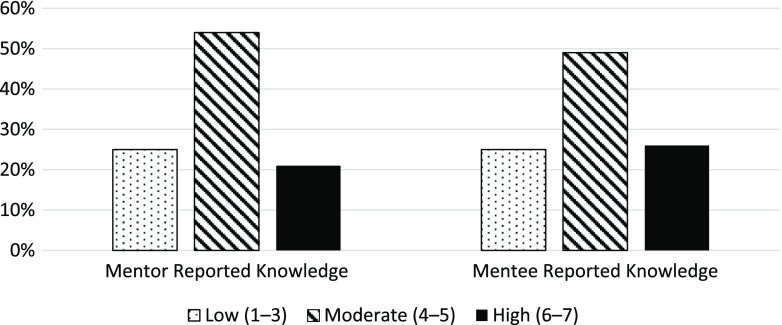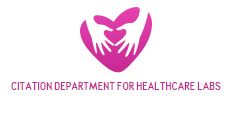There is rising proof for each the necessity to handle work-life battle and the chance for mentors to advise their mentees on how to do that in an academic research environment.A multiphase strategy was used to develop and implement an evidence-informed coaching module to assist mentors information their mentees in issues of work-life battle.
Analysis of present information from a randomized managed trial (RCT) of a mentor coaching curriculum (n = 283 mentor/mentee dyads) knowledgeable the event of a work-life mentoring module which was integrated into an established research mentor coaching curriculum and evaluated by school at a single academic medical middle.Only 39% of mentors and 36% of mentees in the RCT indicated excessive satisfaction with the stability between their private {and professional} lives.
The majority (75%) of mentors and mentees had been sharing private info as half of the mentoring relationship which was considerably related to mentees’ scores of the stability between their private {and professional} lives. The effectiveness of the work-life module was assessed by 60 school mentors taking part in a mentor coaching program at an academic medical middle from 2013 to 2017.
Among the respondents to the post-training survey, 82.5% indicated they had been very/considerably comfy addressing work-life issues with their mentees because of this of the coaching, with important enhancements (p = 0.001) in self-assessments of mentoring ability in this area.
Our findings point out {that a} structured coaching strategy can considerably enhance mentors’ self-reported expertise in addressing work-life issues with their mentees.

The research efficiency of Iranian medical lecturers: a National Analyses.
Scientometric research are one of crucial and helpful instruments to evaluate the research efficiency and data impression of researchers.
The purpose of this examine was to map out the scientific efficiency of the Iranian medical lecturers with respect to an in depth vary of scientometric indicators. Using scientometric strategy, particular person and scientific efficiency information of medical academic workers had been extracted from the Iranian Scientometric Information Database (ISID).
Total quantity of publications, complete quantity of citations, quotation per paper, h-index, worldwide collaboration, self-citation, SJR decile, i10-Index, Quartile distribution had been the studied scientometric variables. Out of the registered 19,023 academic workers, 746 had been included in the examine by way of easy random sampling methodology utilizing random pattern extraction perform in STATA. Data had been analyzed utilizing STATA 14 statistical software program bundle.Most of the included academicians had been males (60%). A complete of 13,682 articles had been printed by them till 2018, being cited 114,928 occasions with a imply of 5.77 quotation per paper.
H-index median was three and about 90% of the workers had an H-index under 10. Number of printed papers, cite per paper and H-index metrics had been considerably totally different with respect to gender, academic place/diploma, and normal subject of examine (p < 0.05). About 2.5% of printed articles had been contributed by way of worldwide collaboration.
The scientometric efficiency of academic workers was extremely various with respect to the using establishment and its nationwide classification group (kind 1, 2, 3).
Nevertheless to the good scientific manufacturing of medical lecturers, particular person and institutional traits had been recognized as efficient variables in lecturers research efficiency and must be thought of in their evaluation.
Academicians affiliated with kind 2 and three universities (primarily based on nationwide rating of medical universities) had weaker research efficiency in comparison with these affiliated with kind 1 universities. However, low fee of worldwide research collaborations was a typical problem in medical universities.
